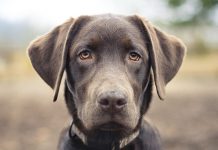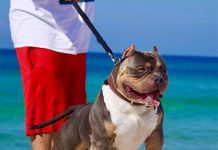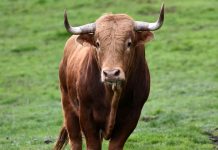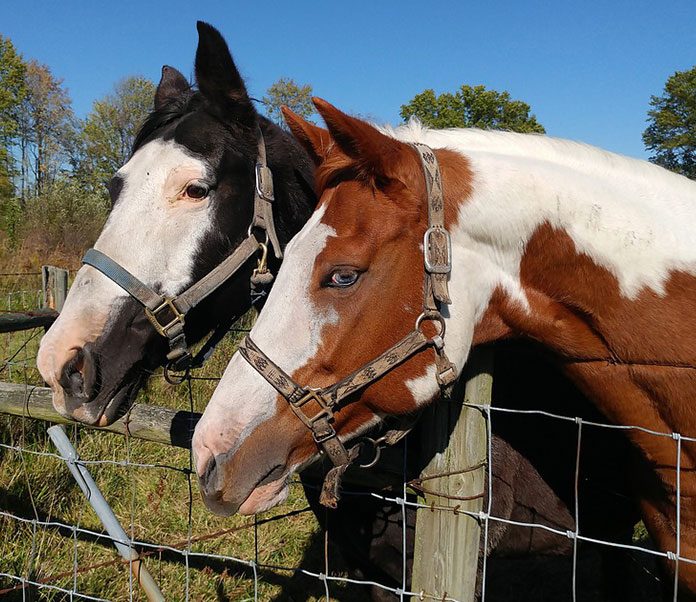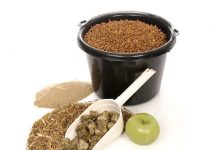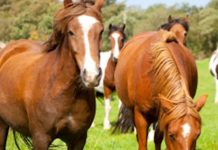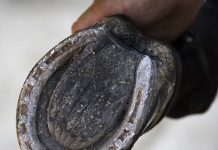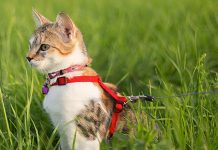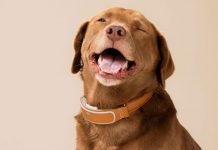Have an older horse companion in your pasture? Bless their hearts they have such stories they can tell. In terms of being considered a senior horse, if your equine is 20 or older he is a veteran or campaigner. This age by the way would make him about a 60-year- old human.
Your horse‘s ageing process will vary, and will also depend on his breed, workload, conformation, medical history and the care he receives. Each horse is an individual. So how they age will be totally different. The thing you need to pay the most attention to as your horse ages, are his teeth.
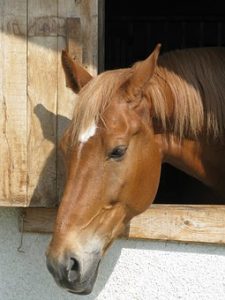 Horses of course are grazing animals, and their mouths are set up just right for that angled neck hanging down to graze, nip and shear grass off and grind and chew it. Over the years this constant grinding wears the tooth surfaces down, and they fall out. This makes eating difficult for your horse and also means if he can’t eat properly, he will start to lose condition. And that brings with it a whole host of other problems.
Horses of course are grazing animals, and their mouths are set up just right for that angled neck hanging down to graze, nip and shear grass off and grind and chew it. Over the years this constant grinding wears the tooth surfaces down, and they fall out. This makes eating difficult for your horse and also means if he can’t eat properly, he will start to lose condition. And that brings with it a whole host of other problems.
The best thing you can do for your older equine is to have the Vet check his teeth twice a year for any abnormal wear, waves, hooks, or sore gums. Dealing with these things quickly will keep your horse able to eat for a long longer. In anticipation, start him on mashes slowly so if he gets to the point where he needs them on a regular basis, he is already used to them.
Between visits, check your horse’s mouth and watch for problems with eating, like quidding, head throwing, choking or difficulty drinking. Older horses often have difficulty eating long fiber food. You can solve this problem by switching to shorter cropped hay and/or add high fiber cubes as mash or straight. If you keep on top of dental issues, you can save your horse a lot of grief, and you can save money and problems in the future.


